Influencing Policy (Prog)
Health care’s unrelenting annual cost increases—up 4.6% in 2018 alone to $3.6 trillion, or $11,172 per person—have become untenable for purchasers and consumers alike, limiting employers’ ability to grow and compete globally and imposing an intolerable financial burden on patients.
PBGH is committed to containing costs by supporting policies and legal action that will help repair areas of the health care system that no longer respond to traditional market forces. Our efforts are reinforced by the real-world experiences of PBGH’s employer-members, who provide health coverage to more than 15 million Americans. We’ve also enlisted a range of stakeholders and partners in the pursuit of evidence-based policies, programs, and results.
Whenever possible, our policy initiatives are grounded in a commitment to market-based solutions that encourage healthy competition among providers, health plans, drug manufacturers, and suppliers. But we understand that some health care sectors are impervious to these influences due to a lack of competition, entrenched monopoly power, and the absence of useful information or meaningful choice for patients.
That’s why we continue to explore litigation, regulation and purchaser-led solutions that will help restore affordability while maintaining or improving care quality and equity. Our mission is straight-forward: To help break the destructive cycle of rising health care costs and in so doing, enhance care access, delivery and quality for all Americans.
Featured
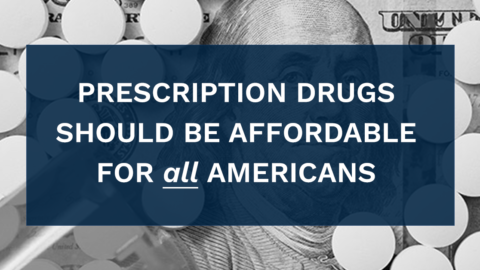
Patients and Employers Agree: Congress Must Allow Medicare to Negotiate Lower Drug Prices for Americans
Patients and employers urge the House Ways and Means and Energy and Commerce Committees to move forward with H.R. 3, a bill that will empower Medicare to negotiate lower drug prices on behalf of Americans.

PBGH Statement in Response to CMS Raising Penalties for Hospitals Failing to Make Prices Public
We are very pleased that the Biden administration is signaling its intention to aggressively implement the previous administration’s hospital price transparency rule.
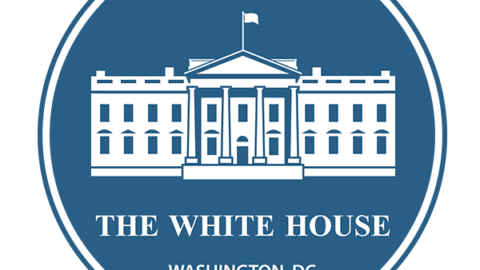
PBGH statement on President Biden’s Executive Order on Promoting Competition in the American Economy
We are exceptionally pleased by the messages in President Biden’s Executive Order on Promoting Competition in the American Economy.
Resources

U.S. House Ways and Means Committee Statement on Value Based Care

Employer Groups Send Letter on Drug Pricing to Senate Committee of Finance Chairman

Letter Urging Federal Agencies to Protect Patients with Surprise Billing Rule
PBGH joined nearly 60 consumer and employer organizations urging that surprise billing loopholes be closed in the administration’s looming rule.

PBGH Letter on the 2022 Medicare Inpatient Perspective System (IPPS) Rule

Letter to the White House on Health Care Costs
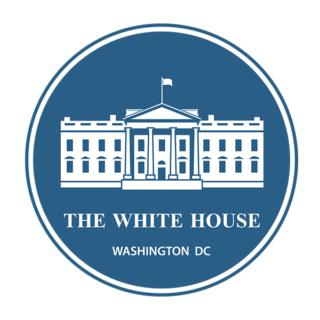
Employers Urge the Administration to Prioritize Policies that Reduce Health Care Costs

49 Organizations Urge the Biden Administration to Implement No Surprises Act to Achieve Original Intent
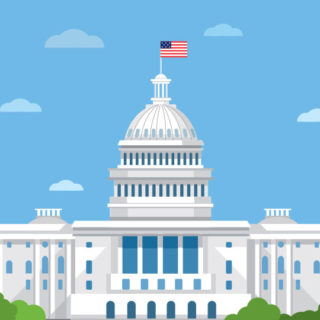
America’s Employers, Health Care Purchasers Urge No Surprises Act Implementation Regulations Protect Patients and Hold Down Health Care Costs
Announcements
Patients and Employers Agree: Congress Must Allow Medicare to Negotiate Lower Drug Prices for Americans
Patients and employers urge the House Ways and Means and Energy and Commerce Committees to move forward with H.R. 3, a bill that will empower Medicare to negotiate lower drug prices on behalf of Americans.
PBGH Statement in Response to CMS Raising Penalties for Hospitals Failing to Make Prices Public
We are very pleased that the Biden administration is signaling its intention to aggressively implement the previous administration’s hospital price transparency rule.
PBGH statement on President Biden’s Executive Order on Promoting Competition in the American Economy
We are exceptionally pleased by the messages in President Biden’s Executive Order on Promoting Competition in the American Economy.
Past Events and Training
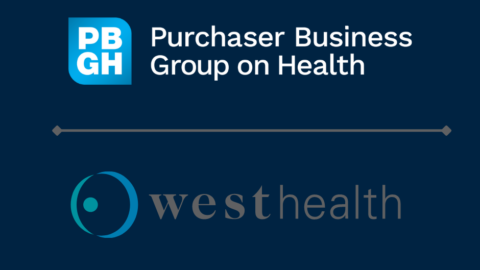
Ensuring Affordable Drugs in the Private Market after BBB
Join leading employer and purchaser representatives and national prescription drug policy experts for a roundtable discussion on the future of prescription drug policy after the BBB.
